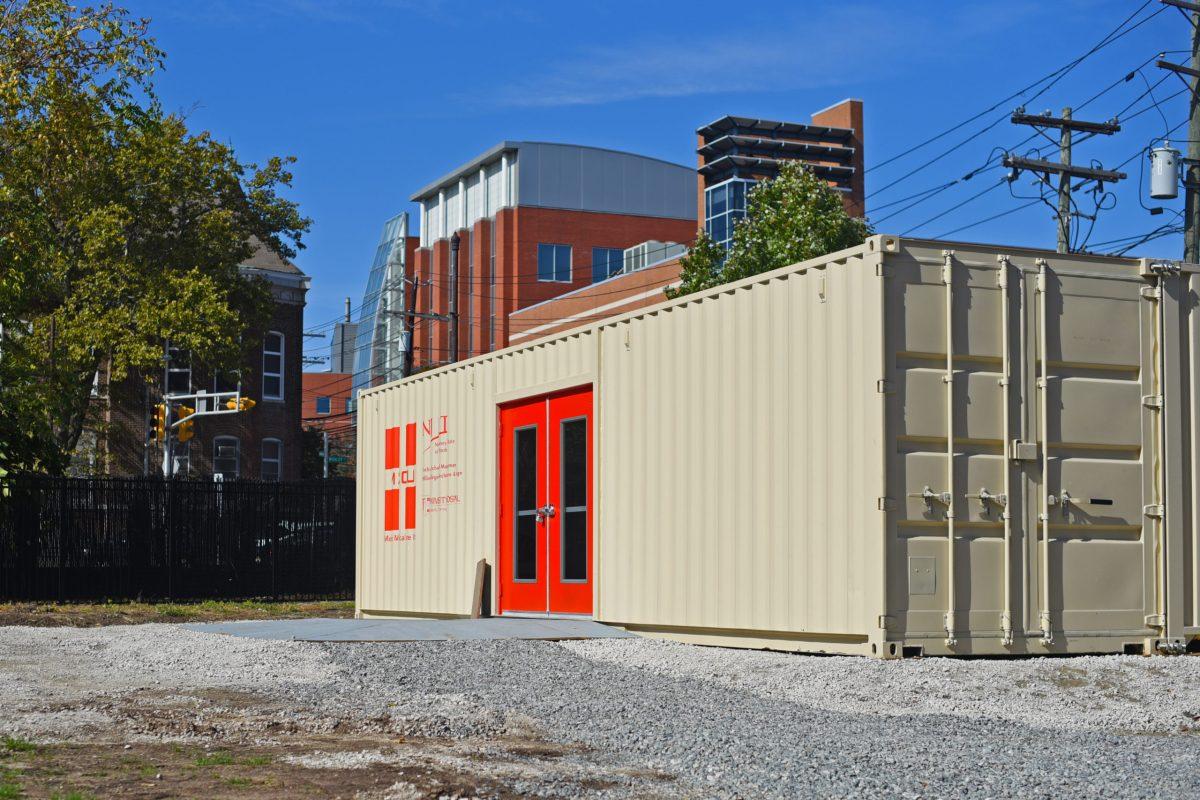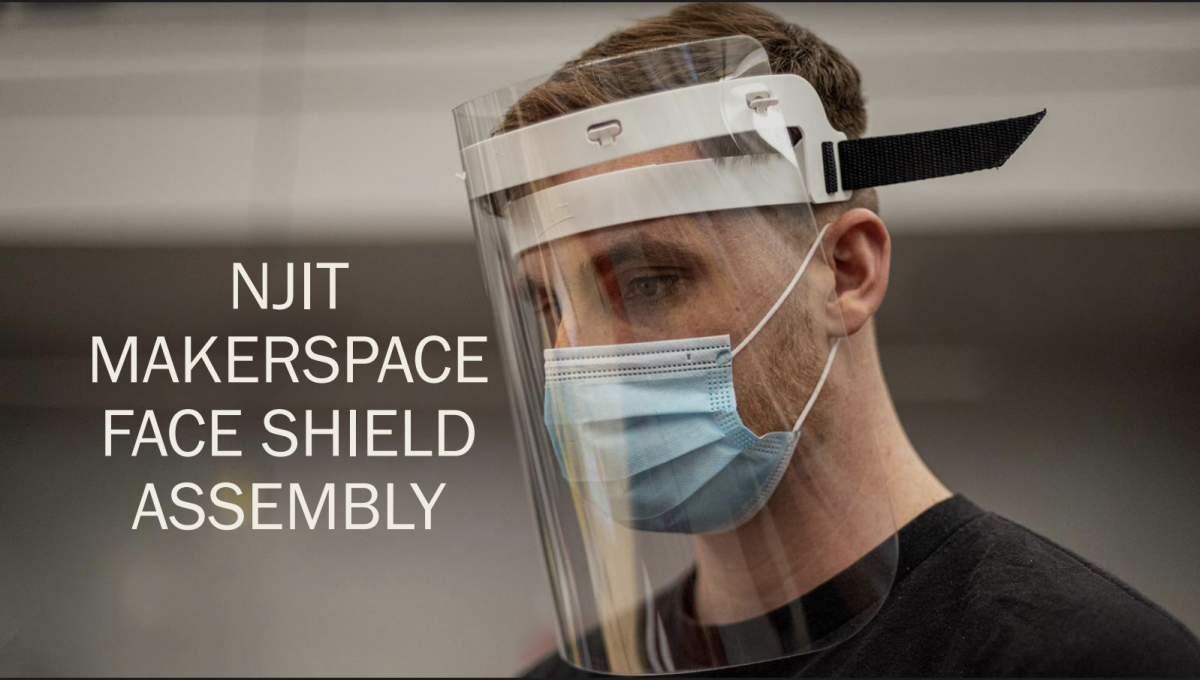
Vol. CI | Fall | Issue VI
Hey tech lovers! Welcome to the sixth edition of the Association for Computing Machinery’s Tech News column. This week, we’re diving into the world of drones!
Researchers at the University of Southampton in England have developed a new type of autonomous drone with its own “nervous system”. The drone uses an advanced optical fiber system that continuously monitors its mechanical structure for faults and breaks, similar to how our bodies alert us to injuries. The data collected by this system can then be analyzed by technicians or possibly AI to inspect the health of the drone in real-time without the need for regular ground inspections. This technology would make ground inspections much less frequent, increasing the reliability and longevity of commercial drones, which may help encourage their adoption in more industries.
Some companies, like Amazon, have already started using drones. Amazon recently received permission from the Federal Aviation Administration to fly new, smaller delivery drones. This approval allows Amazon to fly its drones over longer distances and beyond the pilot’s range of sight for deliveries. The company has been working on its drone delivery program for nearly a decade and, in recent years, has started to make serious breakthroughs in the emerging field. Now, the drones only deliver to locations near a select few warehouses, and the program has not made its way into New Jersey yet. That might not be a bad thing, seeing as residents of College Station, Texas, an area serviced by their older drones since May, have filed numerous noise complaints about the drones, prompting Amazon to promise to move its facilities further away from neighborhoods.
In other drone news, researchers at Australia’s new Waulinbakh Wildlife Sanctuary have been utilizing drones to survey massive conservation areas, finding and identifying endangered species. On Nov. 8, they discovered a habitat of an endangered species of koalas in the Sanctuary using thermal imaging, proving the presence of these creatures in the environment for the first time. Drone technology enables the safe, efficient, and cost-effective surveying of large land areas. An increasing number of drones are being built with advanced sensors that allow them to survey animals, radiation, ore, plant life, and many other land features.
Beyond delivery and surveying, drones have a wide array of applications, including photography, military, disaster relief, search and rescue, and more. As drones continue to advance and startups increasingly explore their potential, now might be the perfect time to consider a minor in Drones and Robotics!
Vol. CI | Fall | Issue V
Oh hey, ACM (Associates for Computing Machinery) here with a friendly reminder to support your local open-source projects…lest they go rogue and turn on you.
Website content management system WordPress has been at the center of a major controversy after its co-founder Matt Mullenweg made a series of attacks on WordPress hosting provider WP Engine. Mullenweg is the head of both WordPress.org, an open-source foundation that maintains and develops the WordPress publishing platform, and WordPress.com, a WordPress hosting provider like WP Engine.
Mullenweg heavily criticized WP Engine for disabling core WordPress features, lacking financial contribution to the WordPress Foundation, and implementing “unauthorized” use of the WordPress foundation-owned WordPress trademark. In response to these verbal attacks, WP Engine sent a cease and desist letter to Mullenweg’s company Automattic, accusing the company of threatening to take a “scorched earth nuclear approach” toward WP Engine and demanding that WP Engine pay a “significant percentage of its revenues for a license to the WordPress trademark”.
Automattic also sent its own cease and desist claiming WP Engine had breached the WordPress trademark usage rules with its name and service advertising. Automattic claims that it is improper for WP Engine to imply any association with WordPress when the company has “never once even donated to the WordPress Foundation, despite making billions of revenue on top of WordPress.” Mullenweg then banned WP Engine from accessing WordPress.org servers, which served as a reliable source for plug-in updates and more, leading to many WP Engine customers’ websites left broken and vulnerable to cybersecurity attacks. In response, WP Engine sued Automattic and Mullenweg for abuse of power, accusing Mullenweg and his company of breaking their open-source promise.
This controversy has left many developers split between either side of the argument. Many have sided with Mullenweg, believing that large companies profiting heavily from open-source software have a moral obligation to contribute financially to said software and its development. Others have lambasted Mullenweg for his actions, noting his conflict of interest as well as the potential danger his actions, if left unchecked, could have on the open-source community as a whole, potentially encouraging other open-source developers to try and “extort” funds in a similar manner.
This ongoing feud will likely continue to develop over the upcoming weeks and months, so be sure to regularly check your news feed for more updates! That’s our story for the week, we will see you again in the next issue of The Vector.
Vol. CI | Fall | Issue IV
Oh hey, Associates for Computing Machinery! The devastation caused by Hurricane Helene recently led to the shutdown of two of the world’s largest mines for high-purity quartz, a key component of semiconductor chips, located in Spruce Pine, North Carolina. The mines are estimated to provide approximately 80% to 90% of the world’s high-quality quartz, meaning that even a small disruption in their operation could devastate the global semiconductor industry. These mines are the only places on Earth with naturally occurring quartz pure enough for chip manufacturing. While it is possible to purify other forms of quartz, a method to do so on a large enough scale does not yet exist to offset the effects of the shutdowns.
In an interview with CNN, NJIT professor and Director of the Institute for Data Science David Bader stated that the disruption “…could substantially delay the process, meaning a delay in consumer products that use these chips and also drive the cost for consumers higher.” On Oct. 11, Sibelco, the largest of the companies that perform mining operations in Spruce Pine, resumed operations and ended their roughly two-week shutdown. While the true effects of Hurricane Helene are unclear, we can expect a temporary increase in the price of electronics while the supply chain recovers.
In other news, New Jersey utility company American Water, which supplies more than 14 million people with water, was recently the target of a cybersecurity attack. The company stated that it does not believe its operations or facilities were directly impacted by the attack. However, as a safety precaution, it has shut down certain systems within its network to protect customer data while investigating the attack.
This attack on the nation’s largest water utility comes as U.S. officials grow increasingly worried about the threat of cyberattacks on American infrastructure by foreign cyberterrorists. Data from Check Point Research indicates a 70% increase in cyberattacks on U.S. utilities since last year. As such, now may be the perfect time to consider getting your master’s degree in cybersecurity!
That’s all the news for this issue. Keep an eye out for any more interesting news in tech while we prepare our next edition!
Vol. CI | Fall | Issue III
Hey tech lovers! Welcome to the third edition of the Association for Computing Machinery’s Tech News Column, brought to you by The Vector. The tech industry is constantly evolving, and it can be hard to keep up. Luckily, we’re here to bring important and exciting tech news straight to you.
This week, we’re here to shed light on the growing cost of AI data centers. A research group conducted by the University of California, Riverside has created calculations for the average water and electricity costs of AI chatbot data centers. You may already be familiar with how much electricity is used by data centers; it takes a large amount of power to not only run a data center, but also to maintain and commercialize it through cooling systems, cloud computing, and artificial intelligence. According to the University of California’s report, asking a GPT-4 powered AI chatbot to create a single 100-word email weekly for a year (52 emails in total) would consume as much electricity as 9.3 District of Columbia households for one hour. If this was done by one in 10 working Americans (roughly 16 million people), it would consume 121,517 megawatt-hours — the electricity consumed by all DC households, totaling roughly 300,000 homes, in 20 days. In 2023, ChatGPT was used by approximately 180 million unique users a month, many of whom generated prompts much longer than 100 words.
Perhaps more concerning than the electricity consumption of these data centers is their water consumption. Although some use heavy amounts of AC to cool their servers, most data centers use substantial amounts of water to efficiently absorb the heat generated by servers before they are moved to cooling towers. According to the report, sending 52 100-word emails costs 27 liters of water, and if one in 10 working Americans performed this query, it would cost as much water as consumed by all Rhode Island households for one and a half days. This is an even greater problem for data centers located in regions where water is scarce or depleting rapidly, such as The Dalles, Oregon, where Google’s data centers were revealed to consume a quarter of all water available in the town.
Recent innovations and startups have sprung up in efforts to reduce the electricity and water costs of computing, though as we continue to build more and more data centers, the burden on our electrical grid and water supply will only continue to increase. It is important to keep in mind the true cost of running these data centers and carefully weigh them against the benefits of running them.
That’s all for this issue. Join ACM’s Sig-AI group to learn more about AI computing and be sure to monitor your own power consumption!
Vol. CI | Fall | Issue II
Oh hey tech lovers, welcome to the second edition of the Association for Computing Machinery’s Tech News Column! With how fast the tech world moves, it can be hard to keep up while staying on top of your day-to-day school life. That’s where we come in! Our goal is to keep you updated on the latest news in the tech industry, which includes job opportunities, industry regulation, market updates, and more!
Cybersecurity jobs continue to rise as Reuters reports (based on data from Check Point Research) a 70% increase in cyberattacks on U.S. utilities since last year. Data shows that there were over 1,000 attacks this August alone! It’s not just utilities either. The past few years have seen an alarming amount of governments, hospitals, banks, and more fall prey to cyberattacks. The recent CrowdStrike outage — while not an attack — has demonstrated the need for these industries to be prepared for one. Great Britain explicitly called out the CrowdStrike outage as part of its reasoning for legally declaring Data Centers to be critical infrastructure in a new five billion dollar plan to bolster the industry.
The United States Bureau of Labor Statistics predicts a 32% increase in cybersecurity jobs between 2022 to 2032, compared to the average rate of increase of 3% for U.S. jobs. Now might be the best time to pick up an IT minor or get that Master’s degree in cybersecurity. With all that being said, cybersecurity is a broad industry that affects everything from data centers to IoT (Internet of Things) devices. Still, all learning starts somewhere, and if you’re interested in learning more about the industry, I would recommend visiting our friends at NICC, NJIT’s Cybersecurity Club at njiticc.com.
Would you like to see more cybersecurity classes for undergrads at NJIT? How worried should we be about increasing cyberattacks? When will you get another chance to read such an amazing tech column? Join our Discord at njit.gg/acm to share your thoughts, and we’ll see you in the next issue of The Vector!
Vol. CI | Fall | Issue I
Oh, hey incoming and returning students, welcome to The Vector’s new Tech News column, written by the NJIT chapter of the Association for Computing Machinery! We’ll be using this space to provide you with quick updates on events on campus relating to Ying Wu College of Computing (YWCC) and on-campus technology, as well as discussing the global tech industry at large.
Speaking of YWCC, the association has recently collaborated with YWCC Reformation, a group of dedicated student senators, alumni, and independent student advocates looking to provide a space for students to give constructive feedback on their academic experience and stay updated on changes within YWCC. This project covers all of YWCC, including every undergraduate major, minor, and course offered by the college. Join the Discord server at https://discord.gg/e7mWzHH9cR to give your course and professor feedback, which will be used to help the group suggest changes and improvements to the university’s course offerings.
YWCC isn’t the only organization with reform in the future; outside of campus, a federal judge has ruled that Google’s search engine violated federal anti-monopoly law by paying browsers to keep Google as the default search engine. In 2021 alone, Google paid roughly $26 billion to remain the default search engine on various platforms. The ruling has officially labeled Google a monopoly, though appeals are still underway.
Remedies have been undecided thus far and may take years to be finalized, but reports indicate that the Department of Justice is considering breaking up Google. However, it is more likely that Google will be met with fines and forced to end its anti-competitive behavior. This ruling may just be the beginning, as the federal government is also launching investigations into Apple, Nvidia, and Microsoft for breach of federal regulations.
What companies do you think constitute a monopoly? Do you use a search engine other than Google? When will you get another chance to read such an amazing tech column? Join our Discord at https://njit.gg/acm to give your thoughts, and we’ll see you in the next issue of The Vector!
Abdullah Imran is the Webmaster of the NJIT Association for Computing Machinery.

































